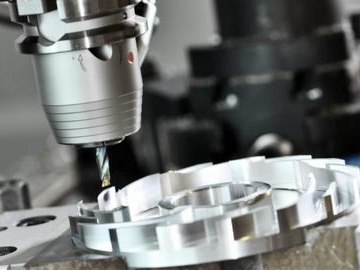What materials are suitable for processing with a CNC gantry machine?
Gantry CNC machines feature high precision, high rigidity, and high efficiency, making them suitable for processing a variety of materials. The following are some common materials suitable for gantry CNC machining:
1.Metal Materials (Mainstream Processing Types)
Ferrous Metals:
Including common steel, stainless steel (such as 304, 316), tool steel (such as S136, H13), cast iron, etc. These materials have higher hardness and require strong cutting capabilities. Heavy-duty spindles and sturdy beds of CNC gantry machines can efficiently process them. Common applications include large machine tool beds, mold bases, and structural components of engineering machinery.
Non-Ferrous Metals:
Such as aluminum alloys (6061, 7075), copper alloys, titanium alloys, etc. Although their hardness is lower than that of ferrous metals, large aluminum alloy components (such as aerospace frames and automotive chassis parts) require high dimensional accuracy. CNC gantry machines can precisely control flatness and hole position tolerances.
2. Non-metallic materials (applicable in specific scenarios)
Suitable for non-metals with high hardness that require large-scale forming, such as engineering plastics (PEEK, nylon), composite materials (carbon fiber boards), and insulating sheets. Commonly used in insulating components of new energy equipment and structural parts of precision instruments. CNC gantry machines can use customized tools to reduce material chipping and ensure surface finish quality.
3. Special Materials (High-End Industrial Demands)
For difficult-to-machine materials such as high-temperature alloys (e.g., Inconel, Hastelloy) and high-strength steels (e.g., Q960), CNC gantry machines can be equipped with high-pressure cooling systems and wear-resistant tools to process large high-end equipment components (such as nuclear power equipment parts and ship propulsion system parts), meeting stringent industrial performance requirements.



